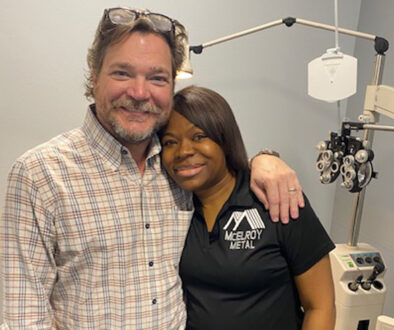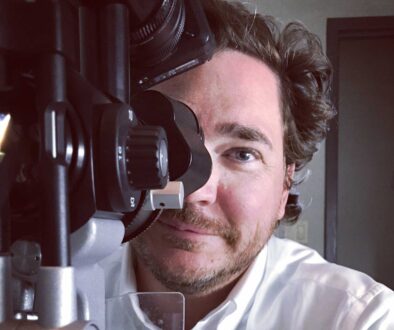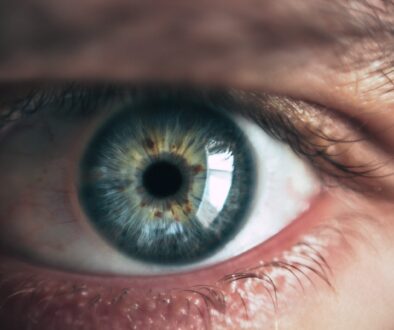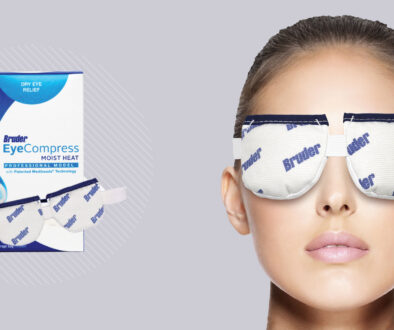Cataracts & Surgery: Everything You Need to Know
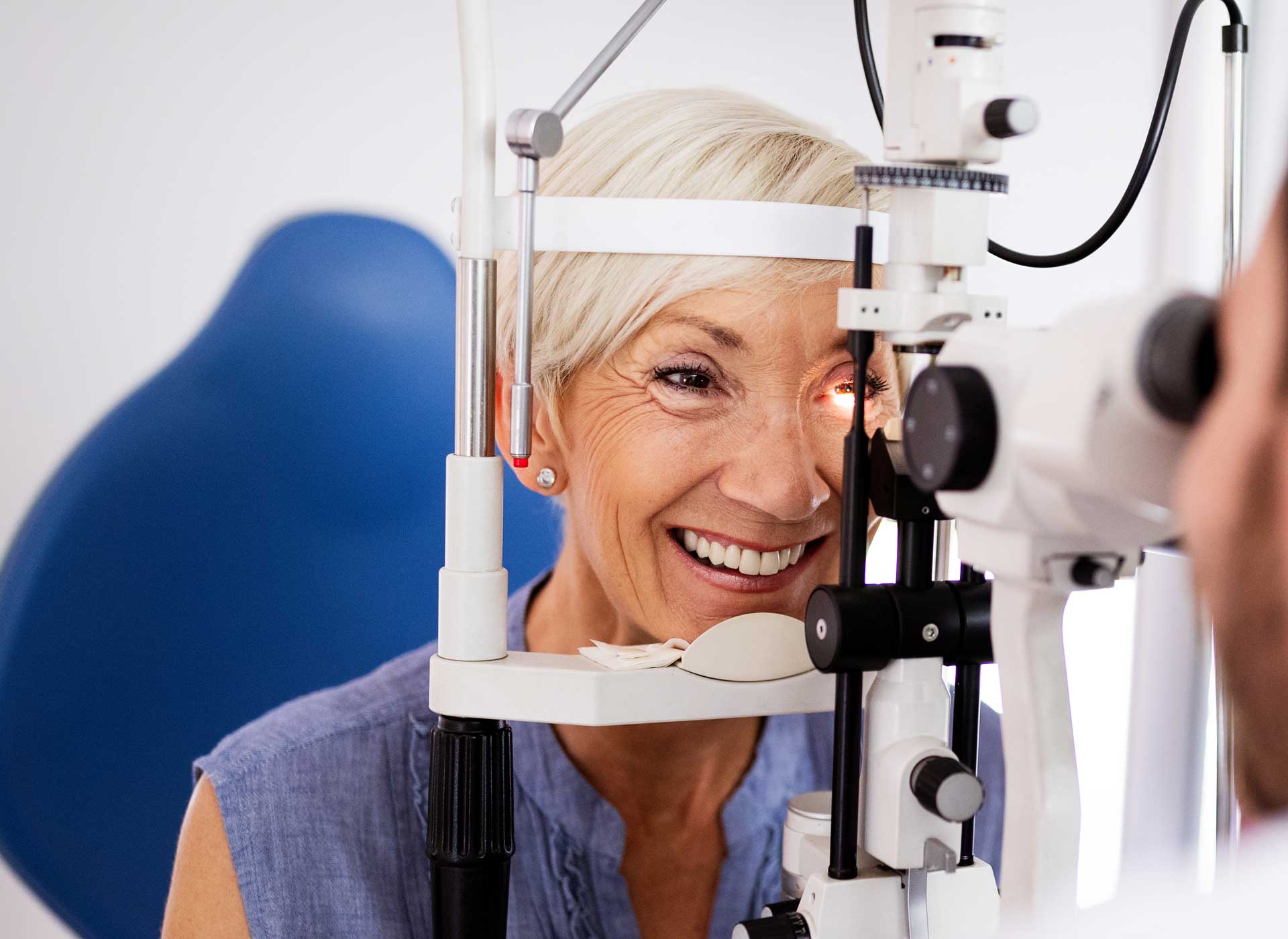
Cataract surgery is one of the most common procedures performed at our clinic—because cataracts are just that common. Over 24.4 million people aged 40 and older in the U.S. currently have a cataract in one or both eyes, and this number is only growing, with eye doctors seeing more patients in need of cataract surgery every year.
What You Need to Know About Cataracts
A cataract is the clouding of the lens of the eye. The fiber and proteins in the lenses of your eyes can disintegrate and join together with age, preventing light from passing through. The result of this build-up is distorted vision as only blurry, spotty images can be delivered to the retinas. Unfortunately, over time, even more fibers and proteins join the cluster, causing these slight changes in vision to become more severe. What once was manageable blurriness turns into what most patients describe as complete fogginess and vision loss.
Common Symptoms
- Blurred vision
- Dulled, discolored vision
- Double vision (multiple images in one eye)
- Difficulty reading, especially without substantial lighting
- Trouble seeing/driving at night
- Eye pain
- Constant changes in eye prescription
- Sensitivity to glares
- Seeing halos around lights
Experiencing one or many of these symptoms for an extended period of time (over a week) could indicate that you are developing, or already have developed, a cataract or other issues in your eye. If this is you, please contact our office or schedule an appointment with an eye doctor near you as soon as possible. This may prevent further vision impairment and loss.
Risk Factors
Want to keep your eyes cataract-free? Avoid the following factors as much as possible.
- ObesitySmoking
- Drinking alcohol in excess-Using steroid medications
- Diabetes-Frequent changes in eye prescription or glasses
- High blood pressure
- History of eye injuries or surgeries-Failing to use proper eye protection outdoors-Prolonged exposure to radiation
What You Need to Know About Cataract Surgery
If you think you may have a cataract or are at risk of having one, the good news is that cataracts are extremely treatable. In fact, the main treatment for cataracts, cataract surgery, has a success rate of 98% among patients without preexisting eye problems, and clearer vision is reported by most patients within hours of the procedure. Because cataracts are degenerative, your eye doctor will likely suggest surgery as soon as a cataract is identified.
- Cataract surgery lasts just 10 to 20 minutes and is relatively painless, requiring only local anesthesia and allowing patients to recover at home instead of a hospital.
- It involves just three steps—corneal incision, opening of the capsule containing the cataract, and sectioning of the cataract into smaller pieces, all of which are performed by a laser with incredible precision.
- Once your clouded lens is removed, the surgeon will replace it with a new one, also known as an intraocular or artificial lens.
- This lens will remain in your eye indefinitely, bending light rays as they enter to help you see clearly.
- If more than one cataract is present, you will need to have one procedure at a time, waiting until the first eye is healed before you have the second.
Post-Op Recovery
Soon after surgery, the doctor will send you home with careful post-op instructions, including the regular use of anti-inflammatory and antibiotic medications (Here at Shreveport Eye, we offer a dropless solution, tailored to each patient to help in the healing process!). For the first few hours post-op, you will need to wear a shield or glasses to protect your eye from lights and glares. If you experience dry or itchy eyes after surgery, this is not a cause for concern; any discomfort should go away within a couple of days. Remember that rubbing or pressing on your eye(s) may disrupt or delay their healing.
It is perfectly normal for your eye to need some time to adjust to the intraocular lens, so if your vision is distorted for a handful of days after the surgery, don’t panic! While clear vision is expected soon after the procedure, depending on your healing process, you may not experience this for a week or two. We find that most patients are fully healed in four to five weeks.
CLICK HERE for more information from Dr. Russ on Cataract Surgery.
Our Cataract Patient Success Stories
So, what do you think? Is cataract surgery right for you? Let us help! Call our office, located in Shreveport, LA, to book your consultation today. But first, hear from some of our cataract surgery patients below!
Patient Spotlight: Cataracts

Patient Spotlight: Cataracts We love hearing feedback from patients! Randy recently completed his cataract procedure with Dr. Russ. Let’s hear about his experience. Why did you come to Shreveport Eye with Dr. Van Norman? My wife works at an eye surgery center in the area and knows the great reputation of Dr. Russ. What specific […]
Patient Spotlight: Robbie’s Cataract Story
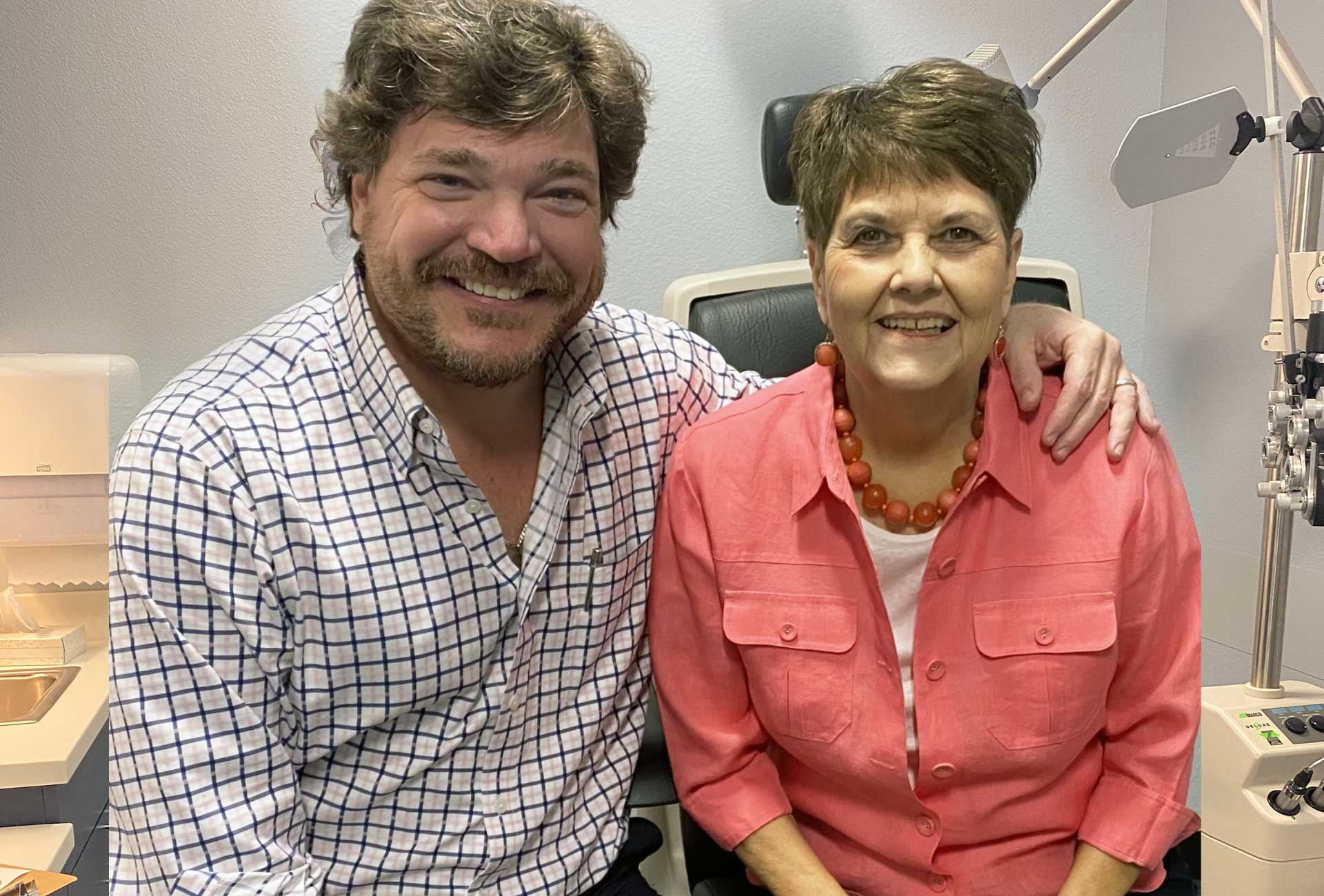
Patient Spotlight: Cataracts Robbie’s Cataract Story: We love hearing feedback from patients! Robbie recently completed her cataract procedure with Dr. Russ. Let’s hear about her experience. Why did you come to Shreveport Eye with Dr. Van Norman? My husband is a patient of Dr. Russ. I came to see him because everything seemed cloudy and […]


